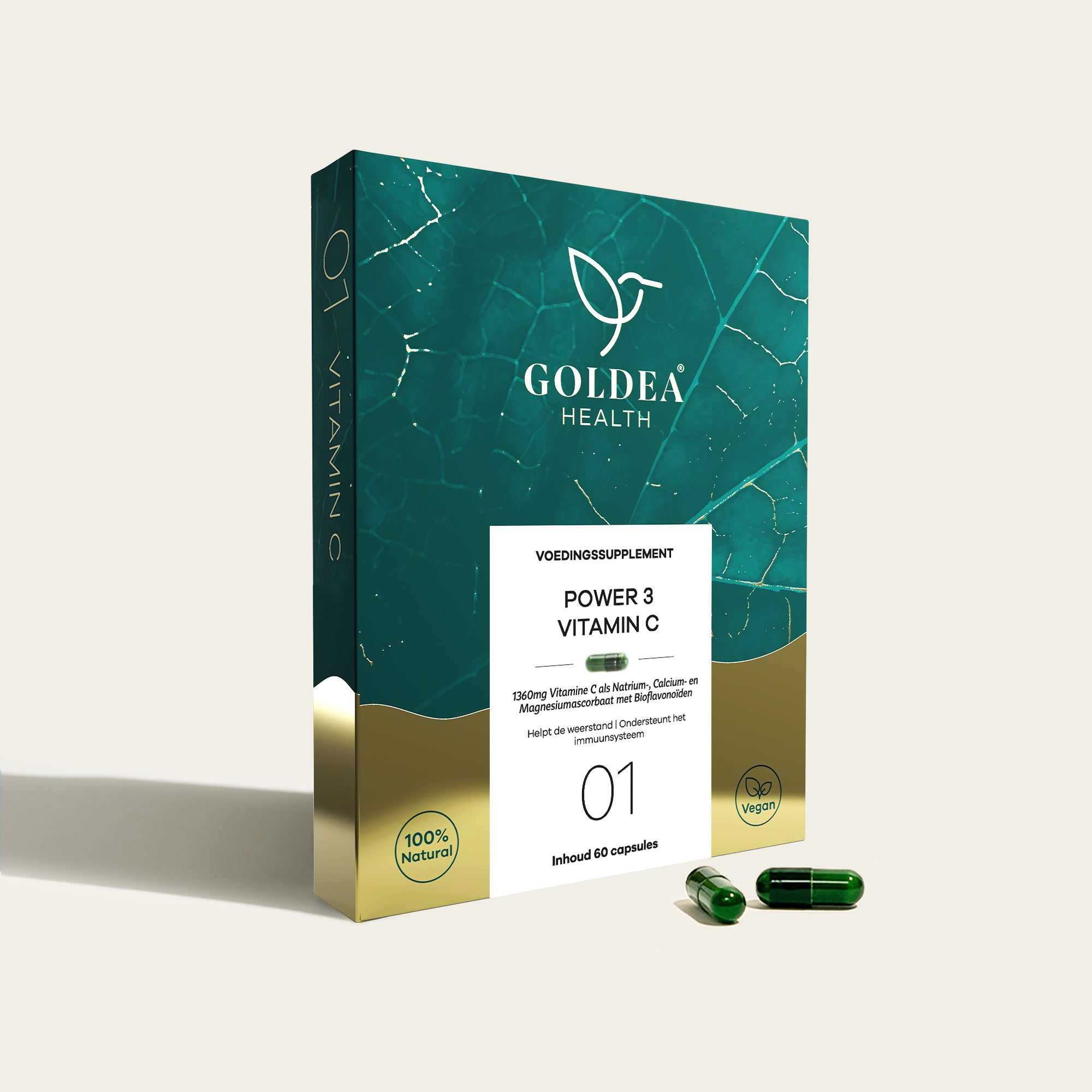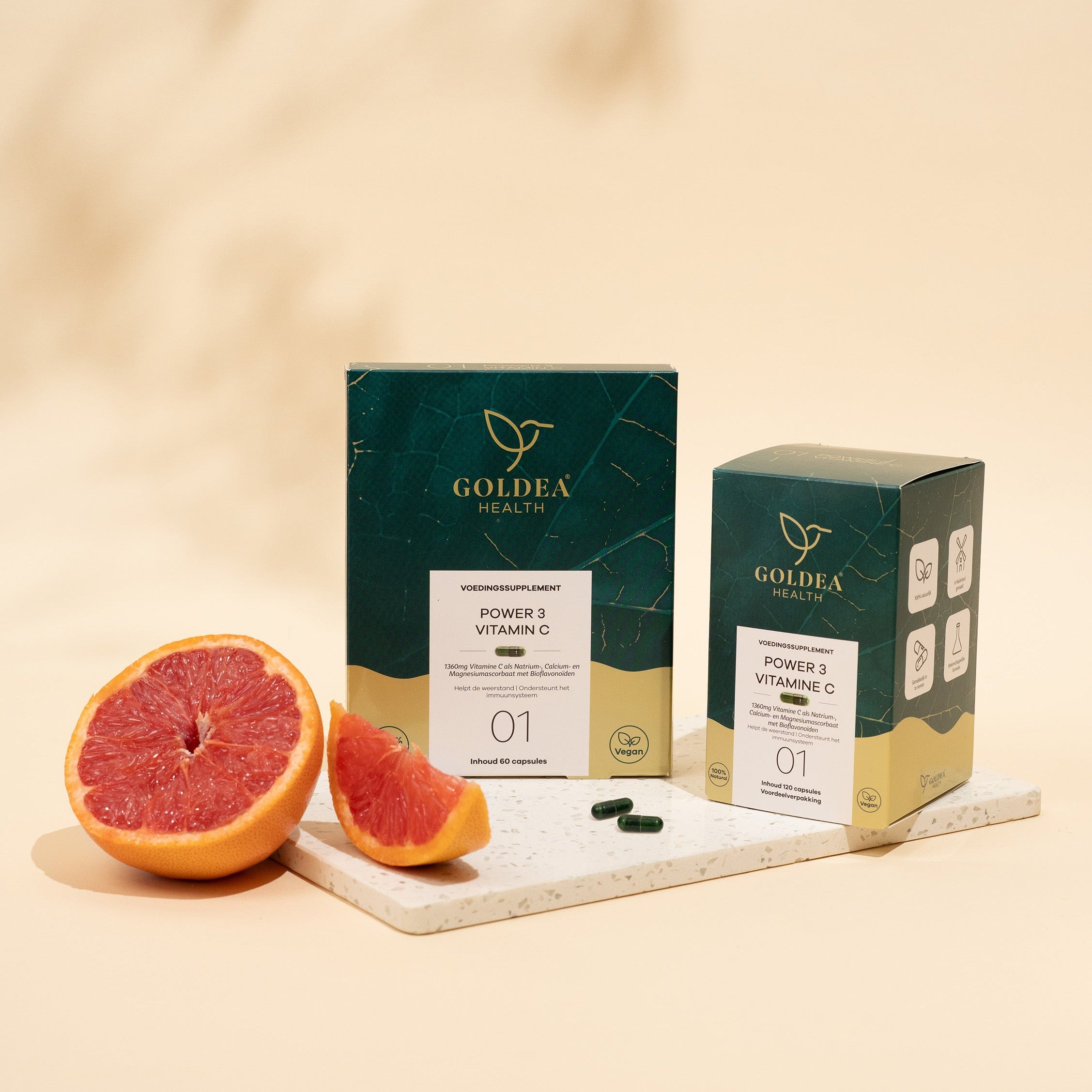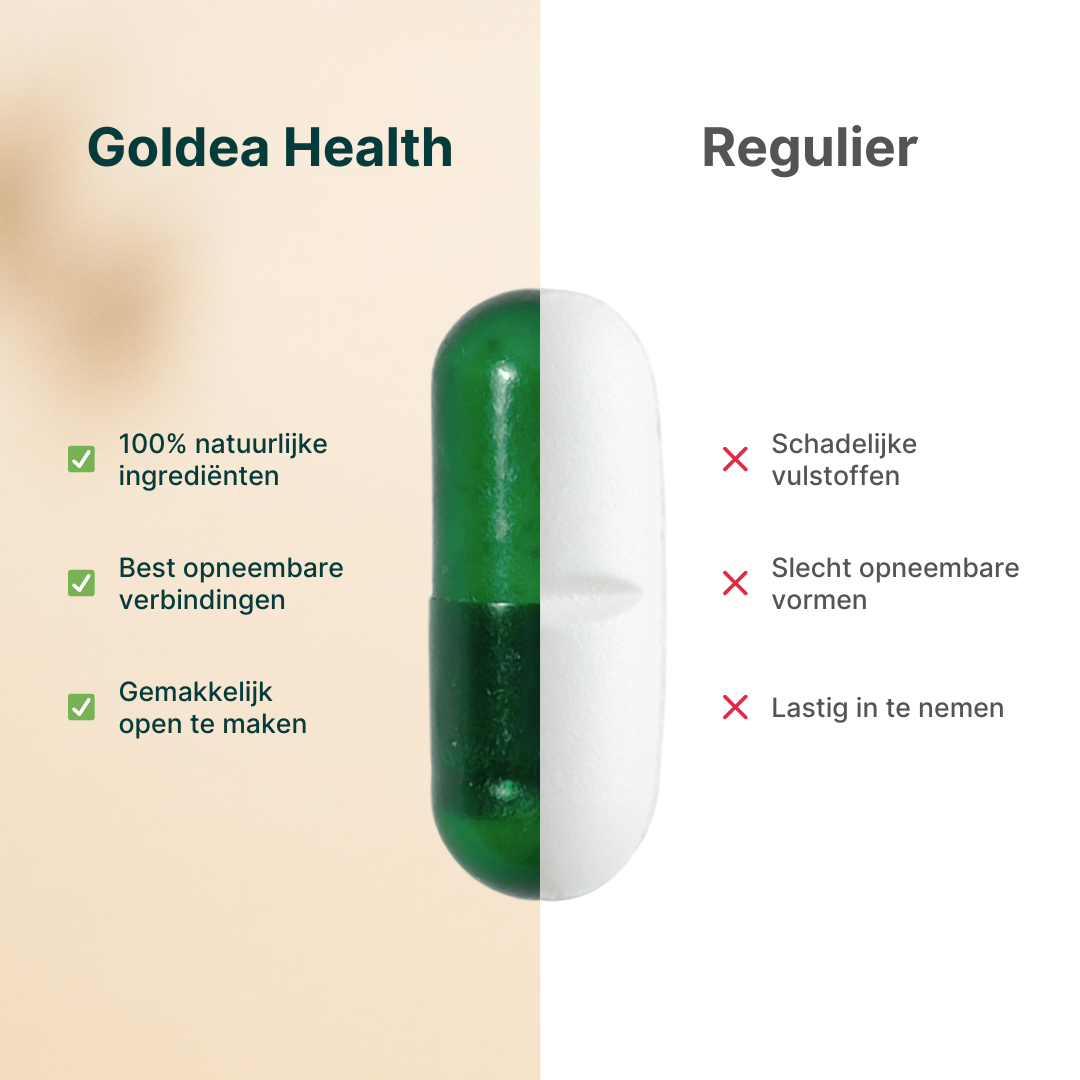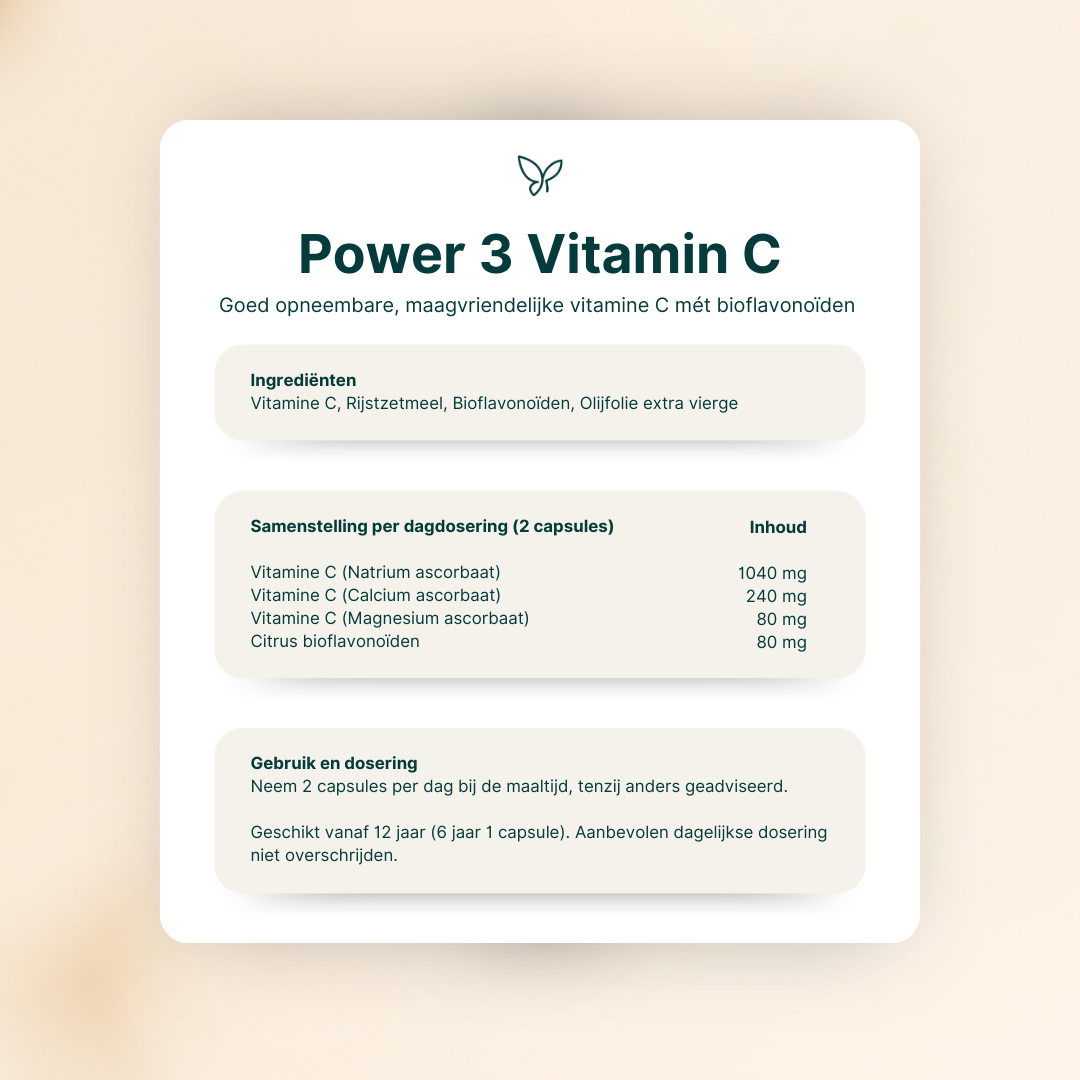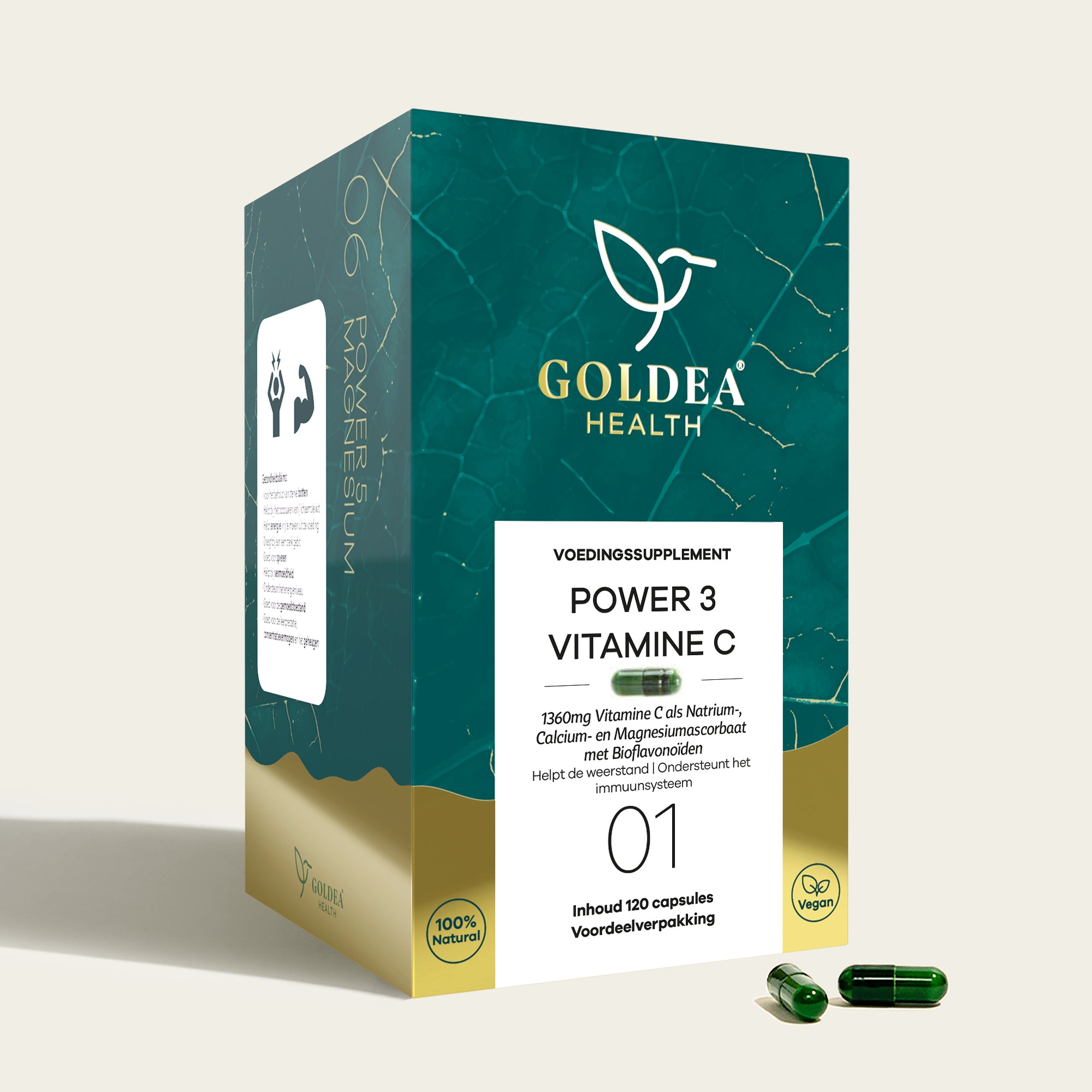https://www.ncbi.nlm.nih.gov/books/NBK538188/
Algethami, JS, El-Wahed, AAA, Elashal, MH, Ahmed, HR, Elshafiey, EH, Omar, EM, Naggar, YA, Algethami, AF, Shou, Q., Alsharif, SM, Xu, B., Shehata, AA, Guo, Z., Khalifa, SAM, Wang, K., & El-Seedi, HR (2022). Bee Pollen: Clinical Trials and Patent Applications. Nutrients , 14 (14), 2858. https://doi.org/10.3390/nu14142858
Leelakanok N, Petchsomrit A, Janurai T, Saechan C, Sunsandee N. Efficacy and safety of bromelain: A systematic review and meta-analysis. Nutrition and Health. 2023;29(3):479-503. doi:10.1177/02601060231173732Ghalibaf, MHE, Kianian, F., Beigoli, S., Behrouz, S., Marefati, N., Boskabady, M., & Boskabady, MH (2023). The effects of vitamin C on respiratory, allergic and immunological diseases: an experimental and clinical-based review. Inflammopharmacology , 31 (2), 653–672. https://doi.org/10.1007/s10787-023-01169-1
Lim, S., Jeong, I., Cho, J., Shin, C., Kim, KI, Shim, B.S., Ko, S.G., & Kim, B. (2021). The Natural Products Targeting on Allergic Rhinitis: From Traditional Medicine to Modern Drug Discovery. Antioxidants (Basel, Switzerland) , 10 (10), 1524. https://doi.org/10.3390/antiox10101524
Yamada, S., Shirai, M., Inaba, Y., & Takara, T. (2022). Effects of repeated oral intake of a quercetin-containing supplement on allergic reaction: a randomized, placebo-controlled, double-blind parallel-group study. European review for medical and pharmacological sciences , 26 (12), 4331–4345. https://doi.org/10.26355/eurrev_202206_29072






